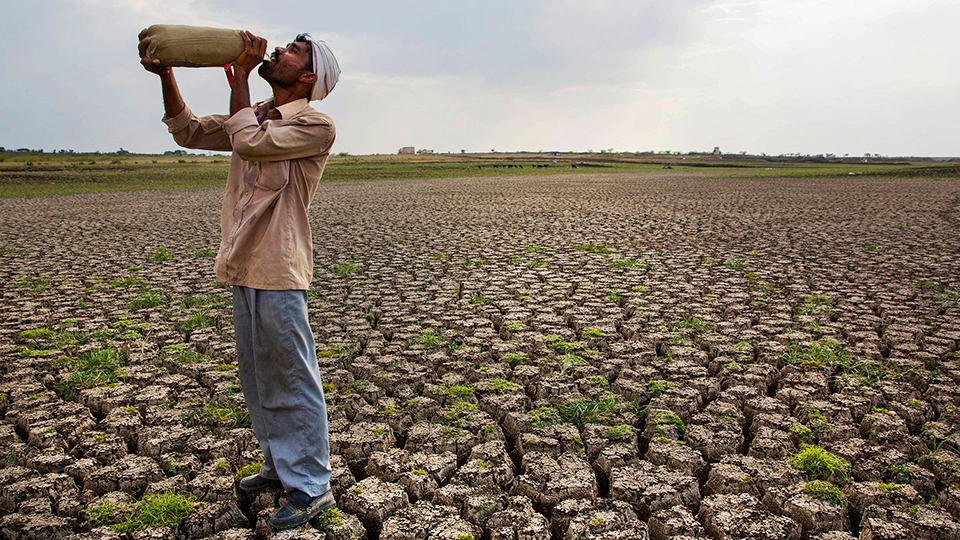The WPS is born, a tool for predicting conflicts related to water scarcity
Cross-reference environmental data, such as rainfall or drought, with economic and social factors, such as institutional instability and poverty, to predict in advance the outbreak of conflict in areas with scarce water resources.
It is called WPS, it is a tool developed by researchers from six different organisations – funded by the Dutch government – and could become, after its acquisition by the United Nations, a global conflict prevention tool for water.
The WPS was developed in collaboration between the Dutch Foreign Ministry and Deltares, IHE Delft, International Alert, The Hague Center for Strategic Studies, Wetlands International and World Resources Institute. For the first time, environmental and socio-economic factors are analysed together and is available online for everyone.
Iraq, Iran, Mali, Nigeria, India and Pakistan would be the conflict-prone territories for scarce water resources in 2020; according to the research theme that developed the WPS system, the forecasts are 86% accurate.
The particular data is crossed with the general data of the United Nations which, for 2050, calculate in about 5 billion people who could suffer from water shortages and, according to the Pacific Institute of California, the episodes of violence linked to access to water have doubled in the last ten years.
All this is closely linked to migration for three reasons:
– the violence generated by conflict over access to scarce resources…
– the displacement of populations to areas with greater water resources
– complications with regard to public health in areas with scarce water resources
This dynamic will have an important impact on migration if it is not governed globally, and WPS can be a useful tool in this respect.
Link: https://www.waterpeacesecurity.org/
by Christian Elia

